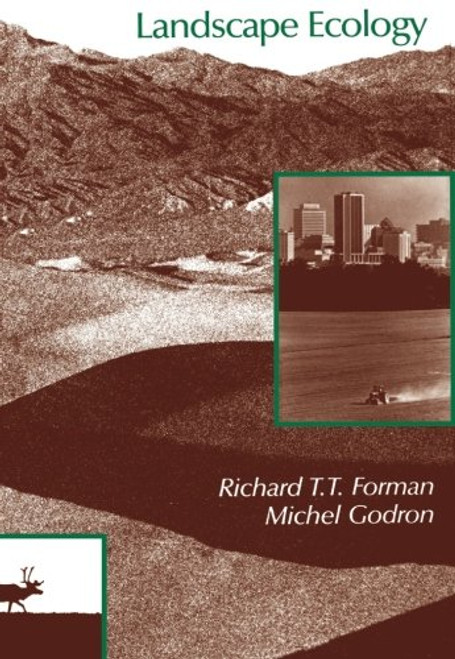Product Overview
An up-to-date and comprehensive guide to the ecology of Wyoming and adjacent Rocky Mountain states
Many changessome discouraging, others hopefulhave occurred in the Rocky Mountain region since this widely acclaimed book was first published twenty years ago. Wildlife habitat has been fragmented at an alarming rate, the once-abundant sage grouse is now a candidate for protection by the Endangered Species Act, invasive plants and insects have become more common, and forest fires occur more frequently. Yet improved approaches to management and conservation have been adopted. For this updated and expanded Second Edition, the authors provide aneasy-to-read synthesis of research pertinent to natural resource management, focusing in particular on Wyoming and adjacentparts of neighboring states.
Exploring the regions wetlands, plains, intermountain basins, foothills, and mountains, along with landscapes of special interestGreater Yellowstone, the Black Hills, Bear Lodge Mountains, and Devils Tower, the Laramie Basinthe authors discuss an array of land management and conservation issues, always taking into account the implications of climate change. They offer answers to the questions that motivated the writing of this volume: How can ecosystems be used in ways that enable future generations to benefit from them as we have? How can we anticipate and adapt to climate changes while conserving biological diversity?
Many changessome discouraging, others hopefulhave occurred in the Rocky Mountain region since this widely acclaimed book was first published twenty years ago. Wildlife habitat has been fragmented at an alarming rate, the once-abundant sage grouse is now a candidate for protection by the Endangered Species Act, invasive plants and insects have become more common, and forest fires occur more frequently. Yet improved approaches to management and conservation have been adopted. For this updated and expanded Second Edition, the authors provide aneasy-to-read synthesis of research pertinent to natural resource management, focusing in particular on Wyoming and adjacentparts of neighboring states.
Exploring the regions wetlands, plains, intermountain basins, foothills, and mountains, along with landscapes of special interestGreater Yellowstone, the Black Hills, Bear Lodge Mountains, and Devils Tower, the Laramie Basinthe authors discuss an array of land management and conservation issues, always taking into account the implications of climate change. They offer answers to the questions that motivated the writing of this volume: How can ecosystems be used in ways that enable future generations to benefit from them as we have? How can we anticipate and adapt to climate changes while conserving biological diversity?








